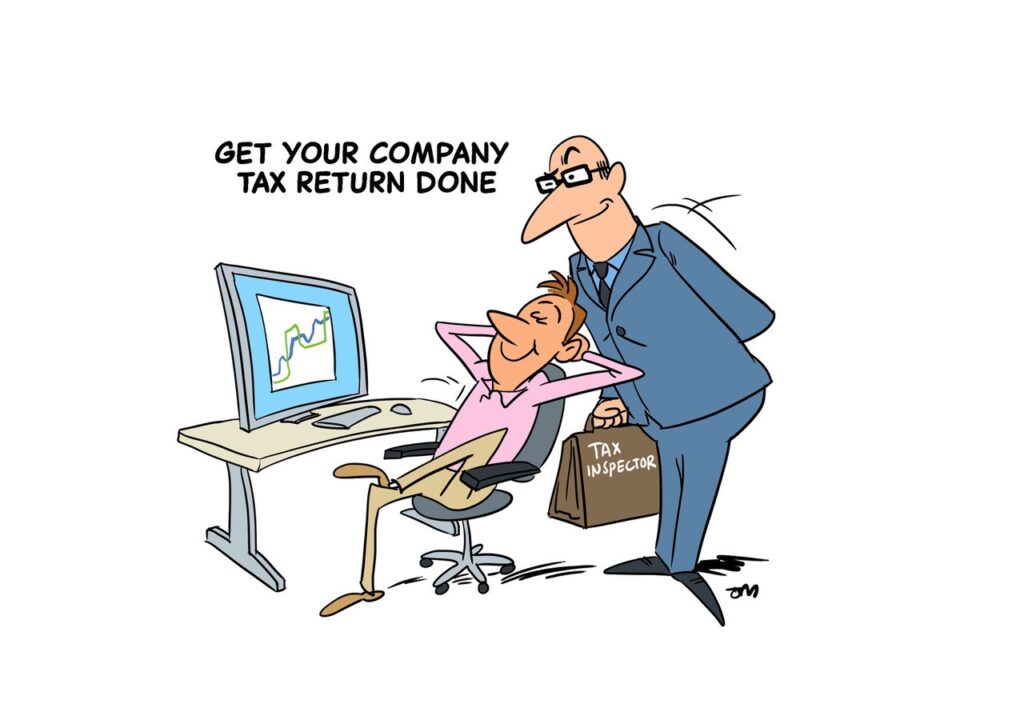Dutch BV company dividend payment is a popular subject. Is it as simple as it sounds? Depends on what you think is simple.
Dutch BV company dividend payment
A Dutch BV company is a limited liability company. The money can flow from the BV to the shareholder as salary or as dividend. Salary implies a minimum salary of EUR 56.000 and the tax rate of that income is 36,97% (2024).
A dividend payment of EUR 56.000 is taxed at 24,5% (2024) in Box 2 of the income tax return. At first glance that looks like a lower hence better tax rate. However, the dividend payment is a payment of the profit after it has been taxed with corporate income tax. The corporate tax rate for this amount is 19% (2024). Hence you need to have made EUR 69.135 profit, taxed at 19% resulting in EUR 56.000 net profit.
To make a correct comparison you need to us EUR 69.135 salary, which is taxed using the tax credits at EUR 21.501, net income of EUR 47.634.
EUR 69.135 profit costs 19% (EUR 13.135) corporate income tax. Then 24,5% (EUR 13.720) dividend withholding tax/Box 2 income tax is to be paid. The net income is EUR 42.280.

Risk of dividend payment
In the above comparison you learn that in the hypothetical situation you could choose between salary and dividend, the salary route is tax wise cheaper. Why hypothetical? The minimum salary of the director shareholder is an obligation set by law, hence there is no choice. You need to take a salary.
The dividend payment brings a risk for the director shareholder. A dividend payment can only be made if the future liquidity of the BV company is not put at risk. The moment the dividend payment is made and the company has liquidity issues the next or following year, the director shareholder is held responsible personally. That implies the whole point of the limited liability company is gone.
Salary or dividend – what to do?
The situation is dynamic. On the one side the obligatory salary needs to be paid. If profit is left over in the company and the desire is there to pay a dividend. This can be done. However, the income tax return should be taken into account as well. Maybe a higher salary results in more tax credits. Or maybe a loan agreement with the BV company instead of a dividend is a more desired solution.
Regardless what it is you as director shareholder would like to accomplish, take any action in coordination with your accountant. A too low salary is not legal, a too high dividend is not legal. And if something is not legal, there are consequences. To avoid unnecessary consequences you need to discuss your suggestions with your accountant.
Tax is exciting
We think tax is exciting. Dividend most shareholders directors are excited about. A dividend implies a profit was made. Some tend to forget that. The profit is influenced by salary costs. Therefore processing the salary correctly is crucial to continue with a possible dividend payment.





